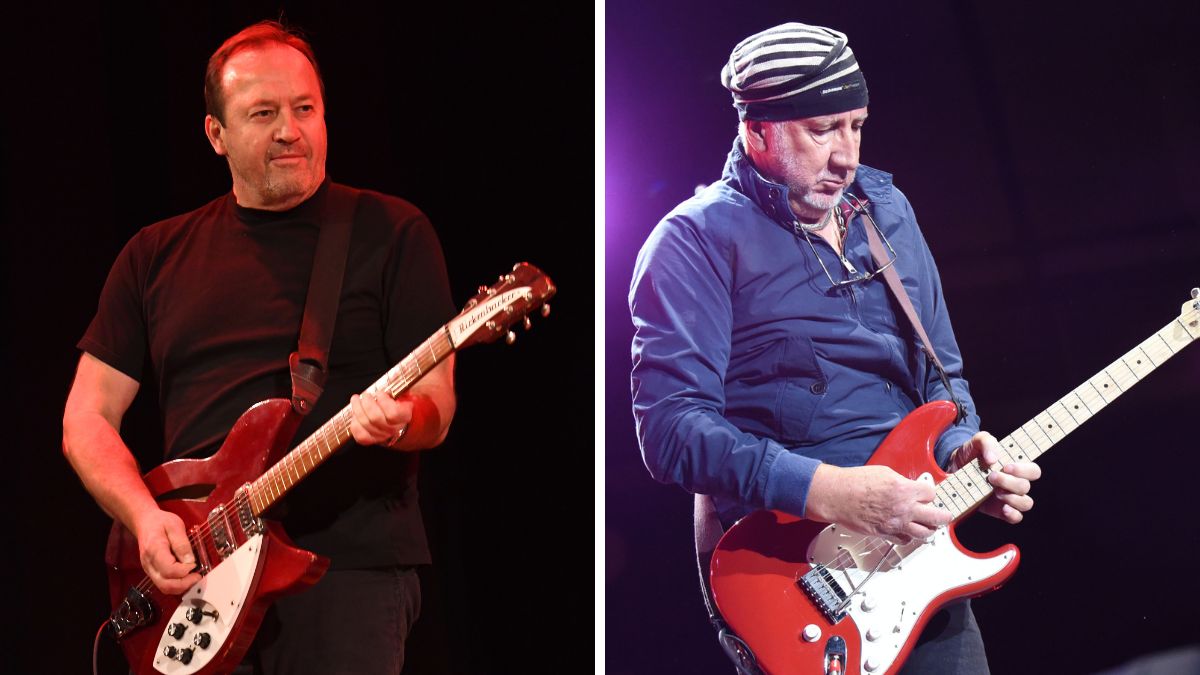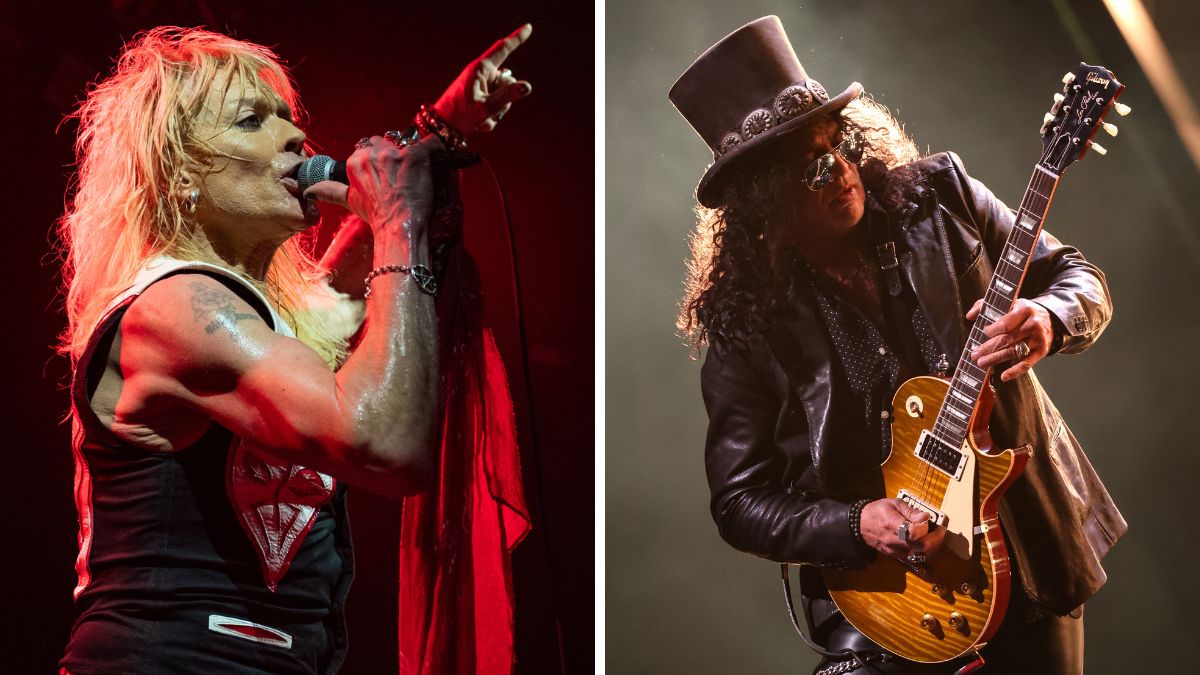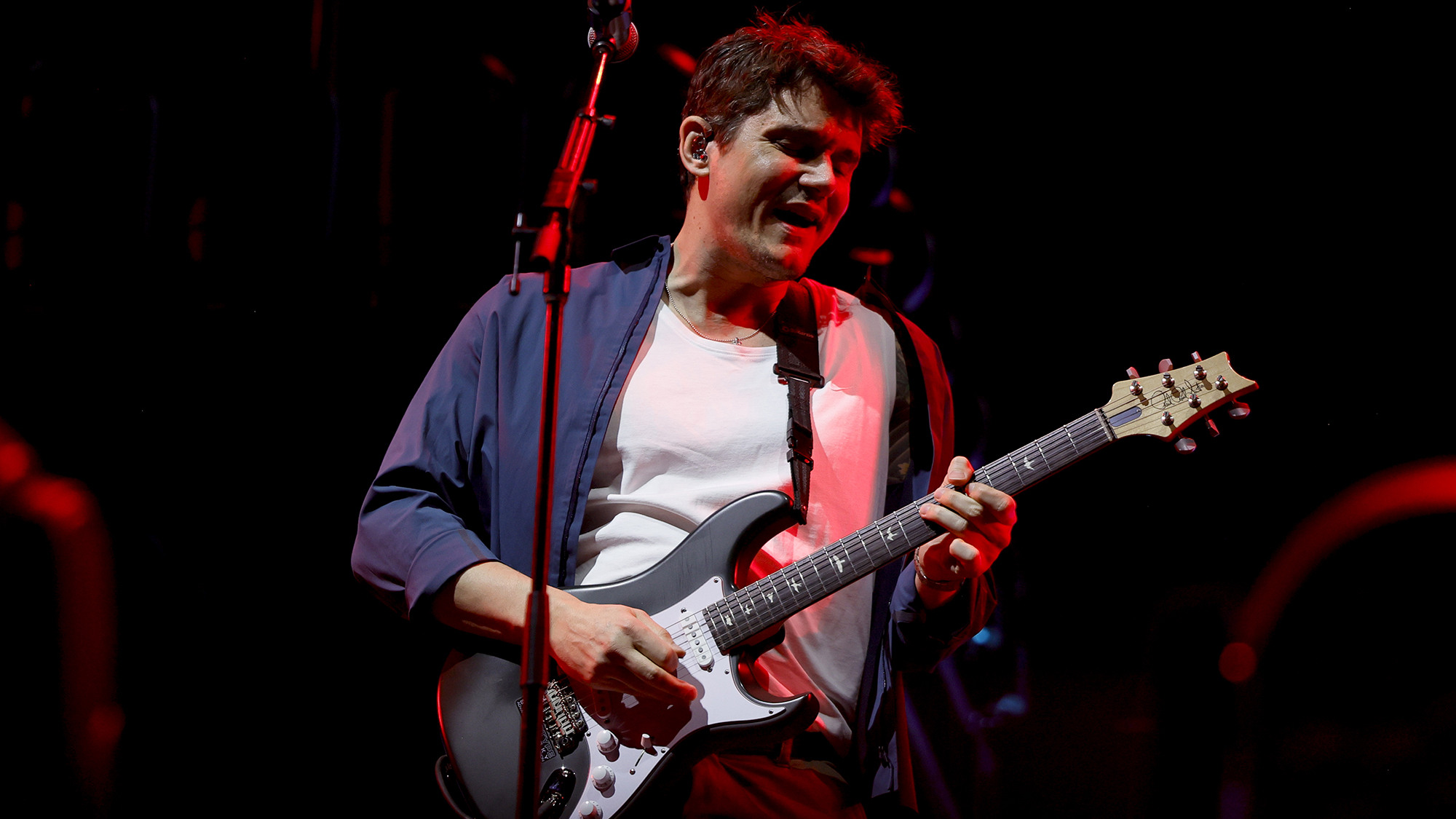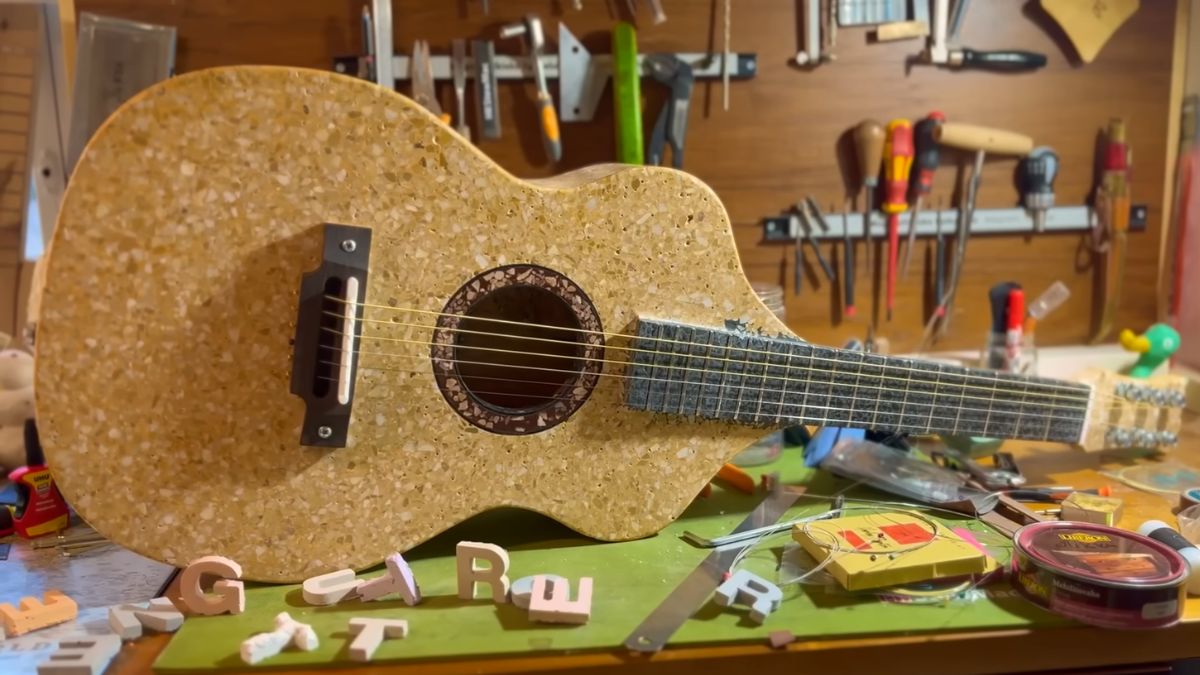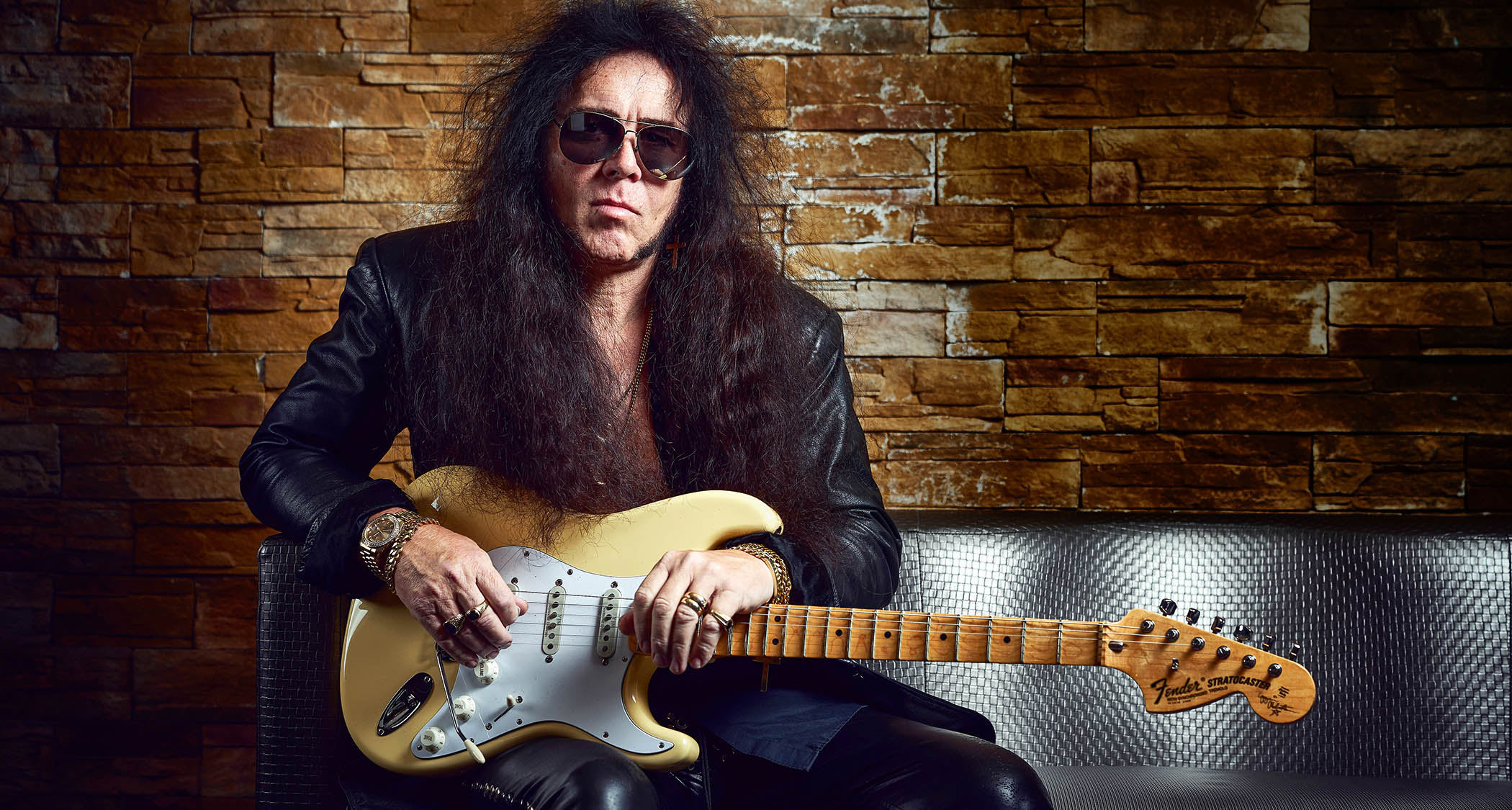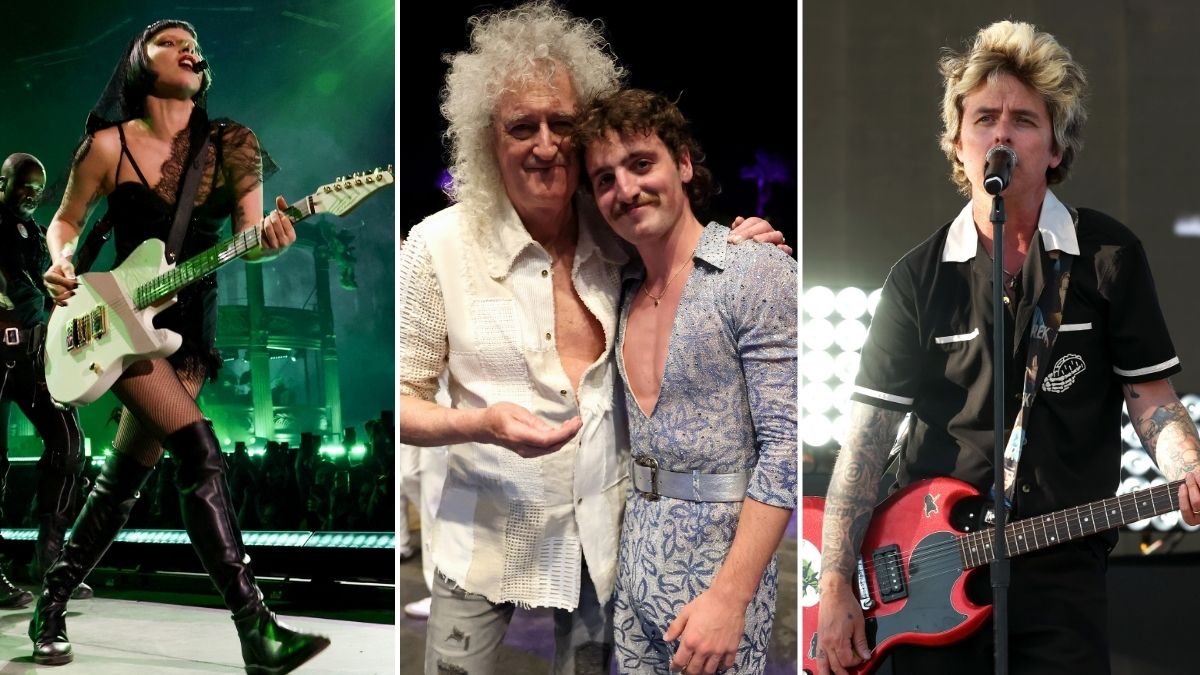“They’re some of the best amps I’ve ever played”: Pearl Jam’s Mike McCready on why he made the switch to Fender’s digital Tone Master amps
The self-confessed tube lover changed up his backline for Pearl Jam’s 2022 US tour – but it wasn’t a decision he took lightly
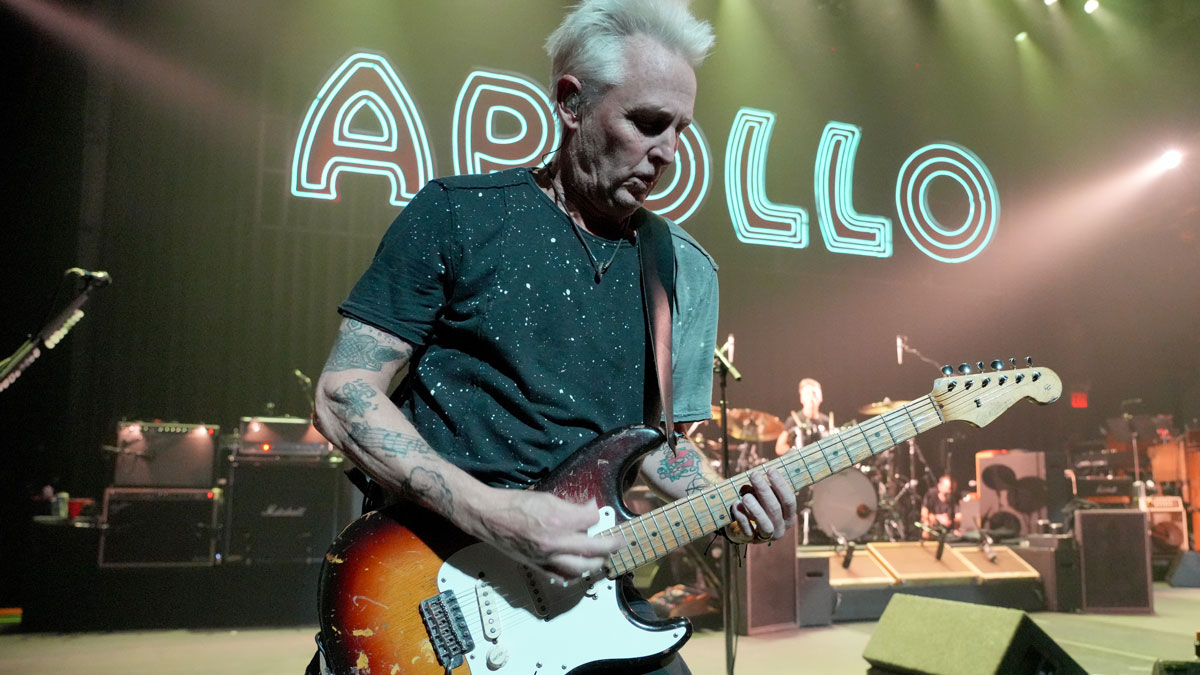
Throughout Pearl Jam’s three-decade-plus career, there have been two constants in Mike McCready’s guitar rig: an array of desirable vintage guitars (not least his ’59 Les Paul and ’60 Strat), and a backline rammed with multiple tube amps – usually at least a couple to handle clean and dirty duties.
But the Seattle greats’ lead guitarist made a surprising change to his setup for Pearl Jam’s US tour in May last year, swapping out his traditional Fender tube combos for the company’s new digital Tone Master equivalents – in this case, the series’ Deluxe Reverb and Blonde Twin Reverb.
In a new interview with Guitar World, McCready explains that the switch was not taken lightly – in fact, he put the amps through rigorous testing with the Pearl Jam crew.
“My inclination is to always go tube amps, but these Fender digital amps, back to back against tube amps, sound exactly like tube amps,” he says. “They’re phenomenal. They’re some of the best amps I’ve ever played. And they’re consistent in that, and maybe that’s the digital part of it.
“Again, I’m all about ‘not digital’; I love tube stuff. But our crew and myself, we’d A/B’d them back and forth with regular Fenders and Twins and things like that, and they were identical. So it made sense to play the newer ones, just in terms of going on the road and making sure they don’t fall apart or whatever.”
McCready still employs some tubes in his rig, however: a Lead Custom from Seattle amp builder Rola runs into a Marshall 4x12, alongside his Fenders. But he notes that the Tone Masters respond well to the rest of his gear, not least his well-stocked pedalboard.
“They break up really well,” he says. “I can get a great punk sound out of them if I need to or I can get a good clean sound. It seems to be able to handle whatever I throw it in terms of wah pedal or a delay or whatever I use in there – octaver or something, they work cool. And Phase 90s work cool through them, so I love ’em. I’m sold.”
Get The Pick Newsletter
All the latest guitar news, interviews, lessons, reviews, deals and more, direct to your inbox!
Of course, outside of his beloved vintage guitars, it’s not like McCready has ever been averse to changing up his tone – although this is the first time his amps haven’t had that telltale red glow emanating from the rear.
But even with his guitars, he’s not loyal song to song – you might see Alive, for example, performed on a Strat one night, a Les Paul the next, and even a Flying V after that. As McCready tells it, it’s a feel thing.
“It’s the immediacy of how I’m feeling,” he explains. “I’ll talk with my tech about a half-hour before the show, and we’ll go through the list and go, ’Okay, Strat here, Les Paul here, Strat here, tuned-down Les Paul here.’ There’s a lot of intricacies that go on with Pearl Jam now, because we have so many songs, and we tune some of them down, and they’re in weird tunings.
“I just have to say I’m feeling more of a Les Paul moment, or I’m feeling more of a Strat moment. I’ll make a quick decision. I’ll change what I wrote the hour before. Usually I’ll stick to what we do, but sometimes I feel like, ’Ah, I wanna just try something different.’ Just to throw myself a curve a little bit.”
Speaking of curveballs, McCready also revealed to Guitar World that he’s working on a rock opera about the Seattle music scene – and that Pearl Jam’s next Andrew Watt-produced album is “just about finished”.
For more from the Pearl Jam guitarist, including his reflections on working with Chris Cornell and covering Van Halen's Eruption, check out Guitar World's full interview with Mike McCready.

Mike is Editor-in-Chief of GuitarWorld.com, in addition to being an offset fiend and recovering pedal addict. He has a master's degree in journalism from Cardiff University, and over a decade's experience writing and editing for guitar publications including MusicRadar, Total Guitar and Guitarist, as well as 20 years of recording and live experience in original and function bands. During his career, he has interviewed the likes of John Frusciante, Chris Cornell, Tom Morello, Matt Bellamy, Kirk Hammett, Jerry Cantrell, Joe Satriani, Tom DeLonge, Ed O'Brien, Polyphia, Tosin Abasi, Yvette Young and many more. In his free time, you'll find him making progressive instrumental rock under the nom de plume Maebe.
"I never use my tube amp at home now, because I have a Spark Live": 5 reasons you should be picking up the Positive Grid Spark Live in the massive Guitar Month sale
“Our goal is to stay at the forefront of amplification innovation”: How Seymour Duncan set out to create the ultimate bass amp solution by pushing its PowerStage lineup to greater heights
